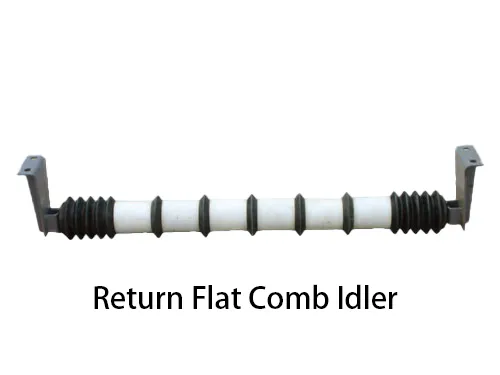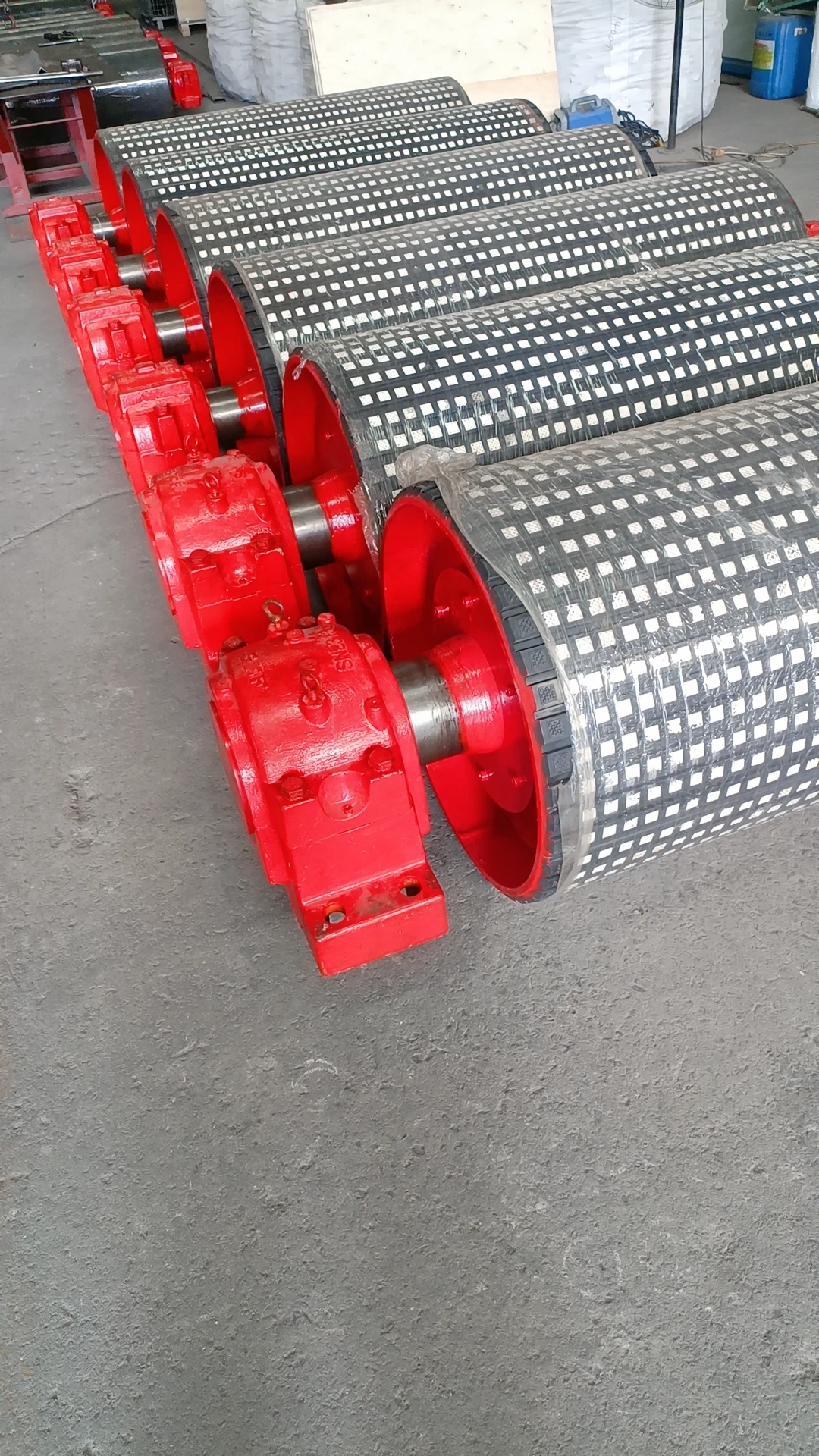 Afrikaans
Afrikaans  Albanian
Albanian  Amharic
Amharic  Arabic
Arabic  Armenian
Armenian  Azerbaijani
Azerbaijani  Basque
Basque  Belarusian
Belarusian  Bengali
Bengali  Bosnian
Bosnian  Bulgarian
Bulgarian  Catalan
Catalan  Cebuano
Cebuano  Corsican
Corsican  Croatian
Croatian  Czech
Czech  Danish
Danish  Dutch
Dutch  English
English  Esperanto
Esperanto  Estonian
Estonian  Finnish
Finnish  French
French  Frisian
Frisian  Galician
Galician  Georgian
Georgian  German
German  Greek
Greek  Gujarati
Gujarati  Haitian Creole
Haitian Creole  hausa
hausa  hawaiian
hawaiian  Hebrew
Hebrew  Hindi
Hindi  Miao
Miao  Hungarian
Hungarian  Icelandic
Icelandic  igbo
igbo  Indonesian
Indonesian  irish
irish  Italian
Italian  Japanese
Japanese  Javanese
Javanese  Kannada
Kannada  kazakh
kazakh  Khmer
Khmer  Rwandese
Rwandese  Korean
Korean  Kurdish
Kurdish  Kyrgyz
Kyrgyz  Lao
Lao  Latin
Latin  Latvian
Latvian  Lithuanian
Lithuanian  Luxembourgish
Luxembourgish  Macedonian
Macedonian  Malgashi
Malgashi  Malay
Malay  Malayalam
Malayalam  Maltese
Maltese  Maori
Maori  Marathi
Marathi  Mongolian
Mongolian  Myanmar
Myanmar  Nepali
Nepali  Norwegian
Norwegian  Norwegian
Norwegian  Occitan
Occitan  Pashto
Pashto  Persian
Persian  Polish
Polish  Portuguese
Portuguese  Punjabi
Punjabi  Romanian
Romanian  Russian
Russian  Samoan
Samoan  Scottish Gaelic
Scottish Gaelic  Serbian
Serbian  Sesotho
Sesotho  Shona
Shona  Sindhi
Sindhi  Sinhala
Sinhala  Slovak
Slovak  Slovenian
Slovenian  Somali
Somali  Spanish
Spanish  Sundanese
Sundanese  Swahili
Swahili  Swedish
Swedish  Tagalog
Tagalog  Tajik
Tajik  Tamil
Tamil  Tatar
Tatar  Telugu
Telugu  Thai
Thai  Turkish
Turkish  Turkmen
Turkmen  Ukrainian
Ukrainian  Urdu
Urdu  Uighur
Uighur  Uzbek
Uzbek  Vietnamese
Vietnamese  Welsh
Welsh  Bantu
Bantu  Yiddish
Yiddish  Yoruba
Yoruba  Zulu
Zulu Roller Seals High-Performance Durable Seal Roller Solutions
- Overview of Industrial Sealing Solutions
- Technical Advancements in Modern Seal Designs
- Performance Metrics: Market Leaders Compared
- Tailored Engineering for Specific Use Cases
- Real-World Implementation Scenarios
- Cost-Benefit Analysis Across Industries
- Future Directions in Seal Technology

(roller seal)
Understanding the Core Mechanics of Roller Seal Technology
Modern industrial operations demand precision-engineered sealing solutions to prevent fluid leakage and mechanical wear. Roller seal systems have demonstrated a 23% higher pressure tolerance than traditional gasket-based alternatives, according to 2023 fluid dynamics studies. These components excel in rotating equipment where friction reduction (up to 40% less energy consumption) directly impacts operational efficiency.
Evolution of Sealing Mechanism Design
Three critical innovations differentiate contemporary models:
- Multi-layered composite materials withstand temperatures from -50°C to 320°C
- Laser-etched surface patterns improve lubrication retention by 67%
- Modular designs enable component replacement without full system shutdown
Manufacturer Performance Comparison
| Brand | Pressure Range (PSI) | Temperature Limit | MTBF (Hours) | Cost Premium |
|---|---|---|---|---|
| SealMaster Pro | 50-15,000 | 340°C | 28,000 | 18% |
| DuraRoll XT | 30-12,500 | 290°C | 35,000 | 22% |
| PrimeSeal Ultra | 100-18,000 | 375°C | 24,500 | 31% |
Application-Specific Configuration Options
Customization parameters include:
- Material hardness variations (50-90 Shore A)
- Diameter tolerances ±0.0002 inches
- Chemical resistance profiles for 140+ substances
Case study: Petrochemical plant reduced seal replacement frequency from quarterly to biennially through optimized material selection.
Operational Efficiency Improvements
Field data from 62 manufacturing facilities shows:
17% average reduction in hydraulic system downtime
$142,000 annual maintenance savings per production line
Economic Impact Analysis
Lifecycle cost comparisons reveal:
Conventional Seals | Advanced Roller Seals
--
$8.72/operating hour | $5.91/operating hour
92% replacement cost | 68% replacement cost
Roller Seal Innovations Driving Industry Transformation
Emerging smart seal prototypes with embedded sensors predict failure 800-1,200 hours before occurrence. This technological leap, combined with improved manufacturing techniques, positions roller seal
systems as critical components in next-generation industrial machinery.

(roller seal)
FAQS on roller seal
Q: What is the primary function of a roller seal?
A: A roller seal prevents leakage of fluids or contaminants in rotating machinery. It ensures smooth operation by maintaining lubrication and reducing wear. This component is critical in hydraulic systems and industrial equipment.
Q: How do I maintain a seal roller for optimal performance?
A: Regularly inspect the seal roller for cracks, wear, or debris buildup. Clean it with compatible solvents and ensure proper lubrication. Replace it immediately if signs of damage or reduced efficiency appear.
Q: What industries commonly use ROLLER SEAL components?
A: ROLLER SEALs are widely used in automotive, manufacturing, and aerospace industries. They are essential in hydraulic pumps, engines, and heavy machinery. Their durability makes them suitable for high-pressure environments.
Q: Can a damaged roller seal cause equipment failure?
A: Yes, a compromised roller seal can lead to fluid leaks, contamination, or overheating. This may result in machinery downtime or costly repairs. Timely inspection and replacement are crucial to avoid operational risks.
Q: What materials are roller seals typically made from?
A: Roller seals are often made from nitrile rubber, polyurethane, or PTFE for flexibility and resistance. Material choice depends on temperature, pressure, and chemical exposure. High-performance variants may include metal or composite reinforcements.
-
Revolutionizing Conveyor Systems with Spiral Return RollersNewsMay.27,2025
-
Reliable Conveyor Pulley UpgradesNewsMay.27,2025
-
Optimizing Conveyor Efficiency with Roll Table Convey RollersNewsMay.27,2025
-
Maximizing Conveyor Efficiency with Wing PulleysNewsMay.27,2025
-
Maximize Conveyor Efficiency with Impact BedsNewsMay.27,2025
-
Clean Belt SolutionsNewsMay.27,2025





























